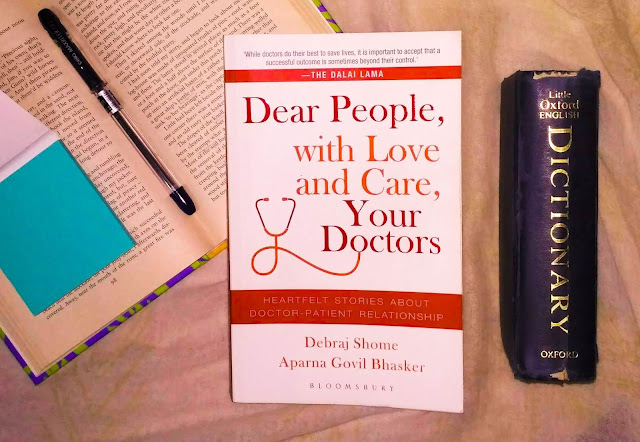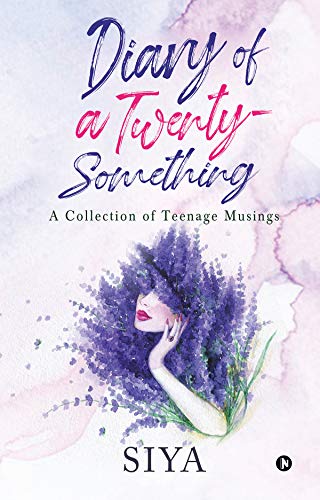That was the night, her mother was meowing louder than ever
A huge sign for the little life that could not wait to see the world
As if she knew that her house was set up days before we came to know of her
That that Peti of Alphonsos and that Washing Machine were meant for her
Not us humans. She knew, being a single child, she’ll get all of it to herself
Love, care, comfort and compassion that we would die to protect her
Only if you could tell your future that you won’t be able to do so
That I need to be more vigilant and be on my toes to be able to do so
The morning rays were spreading happiness more than light
Because the Lord Ganesha had blessed the family with a child
After some twenty-two years, we were to witness the magical world around the new-born
Where your worries and thoughts would perish the moment you saw the new-born
Like mother like daughter, the same number of black stripes squeezed into her tiny stretch of skin
A glimpse was enough to lose your heart to the fresh pink glow and her smell, like a baby shampoo
For the next few days, we wouldn’t touch the baby, ravishing the view from afar
Because we need not breach the privacy of the duo, relishing intimate moments of their lives
For the coming week, the cat mother won’t budge from her tiny abode in the attic
Caressing and grooming her daughter with licks full of affection
It could be the rains that she didn’t carry her daughter anywhere else
On Anant-Chaturdashi, we were away at the gulf, getting drenched in rain
And the baby was fast-asleep against her curled up mom’s tommy
Camouflaged, you couldn’t tell where the baby rested amid the fur of her mommy
Finally, as they say, it was time to move the kitten through seven houses
In our case, she took the kitten through four different rooms and moved twice in the same room
A tiny frightful gasp would leave us stricken, whenever the mother decided to shift
The shifting would involve a lot of meowing at first and then that scary sight
The wrapping of jaws around the neck of her kitten, swinging from side to side
Walking through many doors, springing up on and down from the parapets
She once tried to carry our heart away through the shared courtyard
Enclosed from the all four sides, eventually, she had to return
Climbing up the three storey building, leaping across roofs in the dead of the night
The baby intact, clasped in her jaws, finally, got to breathe as she again put her to sleep
When in her second house, Bakuli opened her eyes that had world of its own
Whiskers and eyebrows growing faster than ever, as if to compete tigress of her mother
Her tiny little claws sharper than her mother’s, snagging out stiches already
Soon she started imitating her mother, licking her paws, as if to launch on her preys already
That’s when we started talking to her, and her foxlike ears would perk up in response
She would raise her head to look up at us, with all the attention she could muster
Her flowery black eyes staring deep into our souls, with slightly tilted head
Pure innocence flashing into your eyes, you couldn’t resist but caress with the back of your hand
Now, she dared coming out of her little abode, stumbling down every now and then
But it was not long before she began scampering up and down the rooms
We needed to be extra careful now that she could greet our legs any given time
Even while sleeping, you do not turn sides without ensuring she’s indeed inside her space
In the early morning the duo would wake us up from deep slumber
We would agree to all their demands, chasing them around the house all day
In the evening, after a much tiresome playful field day with her
We would tuck her into her mother’s furry bosom like our own daughter
There were some days difficult for them, but the duo endured them like warriors
The Gulaab cyclone struck the coast of Cambay, completely opposite in nature
It gave us and the duo some of the most life-threatening thunderclaps ever heard
Heart-stopping sound effects, as if divine energy of the Dancing Three-eyed God
Had been released from the sky, cascading down the steps made of cloud
The mother-daughter duo sat in darkness, chin up and calm as ever
Warrior queen and the warrior princess were the reason we felt composed these days
Not realizing how incredibly blessed are those who’ve got someone to check in on every few seconds
In her fourth week, she had truly grown up, slits visible in her big blue eyes
Chewing on things and biting our toes and fingers now that canines were developing
She had now chosen for herself the favorite spots where she would spend most of her time
Jumping up and down the threshold between hall and kitchen became her most favorite activity
Second was to hide under the fridge and the washer, making the mother anxiously meow with agony
Pacing backwards and pouncing on us humans, you couldn’t tell who’s more like her mommy
Twisting her body and licking her tail, climbing was another of her ambitions
She conquered all the cartons she ever lived in, descending on the same courageous paws
Then, the fateful day arrived that had been looming over us since long
The clouds of worries that had been contained till now had broken lose
The morning greeted us with distressing sight of kitten all shriveled up
Puking every now and then, getting thinner than before, her steps getting weaker
Seeking solitude, she would sit alone in the middle of a room, refusing to eat
Gleaming eyes, staring into void or maybe conveying how bad she felt, crying for help
Can’t even bear the memory of that sight; the following day, minutes before she was pouncing around her favorite place
And that was the noon, the daughter ceased to meow, forever; the mother in deep slumber, and us, wailing
The medicine and the dropper that she left behind had been souvenired
Did the vet know this was coming? Was it the Sunday Holiday?
Or the lack of vets? Can it be the evil eyes?
Or was it us who made this happen?
We should have been more careful, but that’s that.
The mother had been searching for her in every corner
But now, the grieving mother is back to normal, though one thing has changed since
The nameless mother has naturally acquired the name of her daughter – Bakuli.
To the eternal memory of most precious thirty days with the bravest paws to walk on earth.
17th Sept. 2021 – 18th Oct. 2021

















